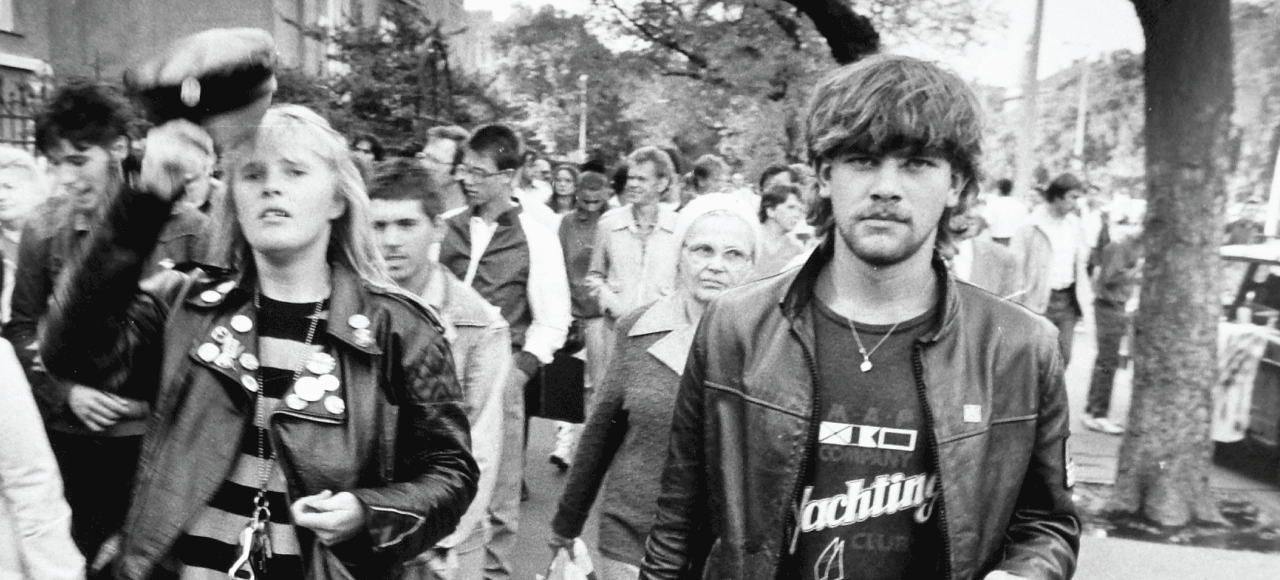
When I embarked onto the philosophy job market nearly two decades ago, I had numerous conversations about how “out” I should be regarding my interest in LGBTQ (Lesbian, Gay, Bisexual, Transgender, Queer) philosophy, not to mention my own gayness. By that point, I had already published my anthology Same Sex, as well as giving academic talks and publishing articles on the topic. “When you put my CV in the photocopier, it comes out lavender,” I recall telling my advisor. “There’s no going back now.”
Widespread misgivings about LGBTQ philosophy weren’t just a function of homophobia, of which there was still plenty in academia; they also reflected a general disparagement of “applied” philosophy. (My own dissertation was on Hume.) As a graduate student, I once asked a prominent ethical theorist for his thoughts on applied ethics. He scowled. “Applied ethics! I’m not even sure what that is. There’s ethics done well, and ethics done badly,” he grumbled, before adding, “and much of it these days is done badly.”
Dismissiveness aside, there is an important point in what he said: Applied philosophy, including LGBTQ philosophy, can be done well or badly, and the difference often reflects the author’s depth of training in fundamentals. Equally often, it reflects the author’s breadth of training as well: their background in law, sociology, politics, psychology, and other fields that many analytic philosophers once considered a “distraction”.
What I find most encouraging about the current landscape is that so-called “applied” work is increasing not only in professional esteem, but also amount and quality; what’s more, it is finding new venues (dailynous.com, youtube.com/user/johncorvino) and reaching a larger audience. There’s also a recognition that these new venues aren’t just for “watered down” scholarship; they’re an opportunity for doing rigorous philosophical inquiry and instruction on a larger stage.
I say “so-called ‘applied’ work” because much of what occurs under the mantle of applied ethics is neither applied nor ethics. The word “applied” suggests taking a developed theory and then drawing out its lessons for a particular topic; yet “applied ethics” often invites us to revise theoretical commitments. Moreover, much interesting work in applied philosophy comprises metaphysics and epistemology, as has long been the case: Consider the personhood debate that once dominated philosophical treatments of abortion, or the realist/anti-realist debate as applied to the categories of sexual orientation. Applied philosophy, including LGBTQ philosophy, is diverse.
So what’s happening today in LGBTQ philosophy? With the same-sex marriage debate legally settled in the US, UK, and other Western nations, those of us who work in the field are spending less time arguing about whether it’s okay to be gay and more time on other, often more interesting questions. These include the following (the list is by no means exhaustive): What is sexual orientation? What is gender identity? When, why, and how should we disclose various identities? How should LGBTQ people navigate ethical questions that are distinctive to, or at least typical of, our lives? What connects the various overlapping communities under the umbrella term LGBTQ, and what separates us?
As transgender identity receives increased attention, so too will philosophical investigations surrounding it: What is gender, and how does it relate to biological sex, social identification, self-understanding, and other factors? In what ways is it socially constructed, and why is that important? Does one have to deny that gender is an essential property of persons in order to allow that a person might actually change genders, as opposed to correcting a previously mis-identified one? And so on.
One danger of this discussion is that it reinforces the idea that certain identities are inherently problematic. This danger is familiar to those of us involved in the marriage debate: the mere fact that we were debating the issue signalled to some that their families are not “real”; that their equal worth is up for discussion. Philosophical debates don’t happen in a vacuum, and debates about issues of identity – unlike, say, those about scepticism or the problem of universals – risk hurting people. It’s important, therefore, to proceed with care, as well as to include diverse voices at the table. Philosophers are good at talking; we need to get better at listening.
Some might dismiss this concern as rhetorical rather than philosophical: philosophers should be interested in the truth; therapists can worry about hurt feelings. But listening to diverse voices helps us to get at the truth. Moreover, philosophers are human beings, and decent human beings care about their effects on their fellow human beings. That may be the most encouraging sign about the current landscape in LGBTQ philosophy and the profession more broadly: In addressing these new questions, we see not only increased philosophical rigor, but also greater moral maturity.
{loadmodule mod_coalawebsociallinks,CoalaWeb Social Links}
This essay is one of 50 new ideas in philosophy that appear in a Special Edition of The Philosophers’ Magazine. Please subscribe here.
John Corvino is Professor and Chair of Philosophy at Wayne State University in Detroit.
[quix id=’3′ name=’Articles footer’]

